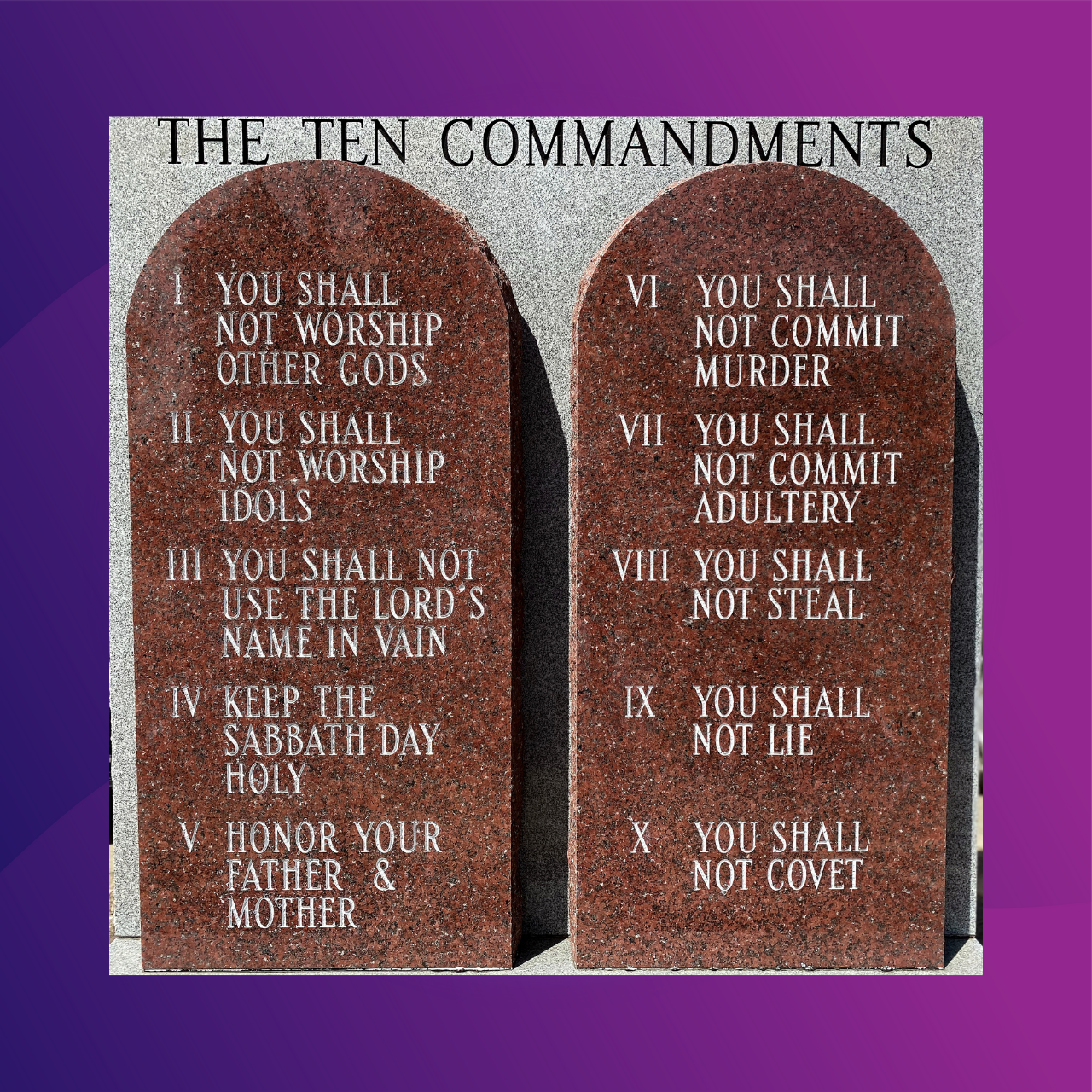
“Honor your father and your mother, so that you may live long in the land the Lord your God is giving you” (Exodus 20:12).
The Fifth Commandment, one of the most well-known, calls for honoring one’s parents. It’s a favorite among parents who appreciate having a biblical mandate for respect. But what does this truly mean? Does it apply equally to young and adult children? How can we both teach and practice this commandment across all stages of life?
This week, our focus is on the fifth commandment: honoring your father and mother.
Understanding Honor
In Exodus 20:12, the term used for honor is kabed. The Old Testament Hebrew Lexicon defines kabed as “heavy, great/important, burdensome.” Essentially, this means placing a high value and respect on one’s parents. We should bear a significant weight of respect for them.
Honor can manifest in various ways, such as:
Responding respectfully, even in disagreements.
Obeying them as children living under their care.
Speaking kindly about and to them.
Contributing to the household through chores and assistance.
Showing gratitude for their provision.
Webster’s Dictionary describes honor as “recognition, a person of superior standing, integrity.”
Does honoring your parents guarantee a long life? Not exactly. The idea is that following parental guidance often promotes safety and well-being, such as remembering to “look both ways before crossing the street” or avoiding hazardous substances.
Honor in Adulthood
While the command is clear for children, what about adult relationships with parents? God’s original plan, as stated in Genesis 2:24, was for a man to leave his parents and form a new family unit with his spouse. This new family dynamic might include having children who honor them in turn. But how does this play out for an independent adult or a single person living away from their parents? The concept of honor persists, although obedience as an adult shifts to a respect-based relationship. Psalm 127:4 likens children to arrows, which parents aim and release towards a goal. This symbolizes parents guiding children towards adulthood and releasing them to live independently, yet still maintaining respect and a relationship with them.
Adult children might honor their parents by:
Seeking their wisdom and listening to their experiences.
Caring for aging parents or supporting them through other means.
Respecting their opinions, even when differing.
Matthew Henry comments, “Endeavoring, in everything, to comfort parents, and to make their old age easy; maintaining them if they need support, which our Savior makes to be particularly intended in this commandment, Mt 15:4-6.”
Honoring a father could mean recognizing his sacrifices and guidance while honoring a mother could involve appreciating her nurturing and care. Often more fully understood in adulthood, these roles merit gratitude and respect.
Honoring Difficult or Abusive Parents
God’s design for a household traditionally includes a father, mother, and children, reflecting a family structure blessed by Christ. This structure underscores the roles each parent plays in the development and security of their children. However, not all family situations align with this ideal. You might come from a single-parent home, or your parents may have lived contrary to God’s design. In cases of abuse or severe dysfunction, honoring might look different.
1. Honoring Does Not Mean Supporting
You can respect your parents without endorsing their actions. Maintaining a respectful attitude does not mean condoning harmful behavior. King David’s respect for Saul, despite Saul’s intent to harm him, is an example (1 Samuel 24:10). David honored Saul as God’s chosen leader but also established boundaries to protect himself.
2. Honoring Does Not Mean Obeying
When a parent’s demands contradict God’s will, the obligation to obey diminishes. Acts 5:29 highlights the priority of obeying God over human authorities. Honor involves respecting their position without compromising their faith or moral integrity.
3. Speech Seasoned with Honor
Our words reflect our adherence to the fifth commandment. Disrespectful or hurtful speech towards parents contradicts the spirit of this commandment. Colossians 4:6 advises speaking graciously, implying that honoring parents includes speaking kindly and respectfully, regardless of their actions.
Summary of the Ten Commandments
Commandments 1-4:
No other gods before me. (Exodus 20:3)
No graven images. (Exodus 20:4-6)
Do not take the Lord’s name in vain. (Exodus 20:7)
Keep the Sabbath day holy. (Exodus 20:8-11)
Commandments 5-10:
5. Honor your father and mother. (Exodus 20:12)
6. Do not murder. (Exodus 20:13)
7. Do not commit adultery. (Exodus 20:14)
8. Do not steal. (Exodus 20:15)
9. Do not bear false witness. (Exodus 20:16)
10. Do not covet. (Exodus 20:17)
Jesus summarized the commandments: commandments 1-4 focus on our relationship with God, and commandments 5-10 on our relationship with others (Matthew 22:37-40).
Conclusion
This week let’s strive to honor our parents, regardless of their actions, by speaking kindly, showing gratitude, and valuing their perspectives. Family is a gift from God, and honoring our earthly parents reflects our respect for our Heavenly Father.
